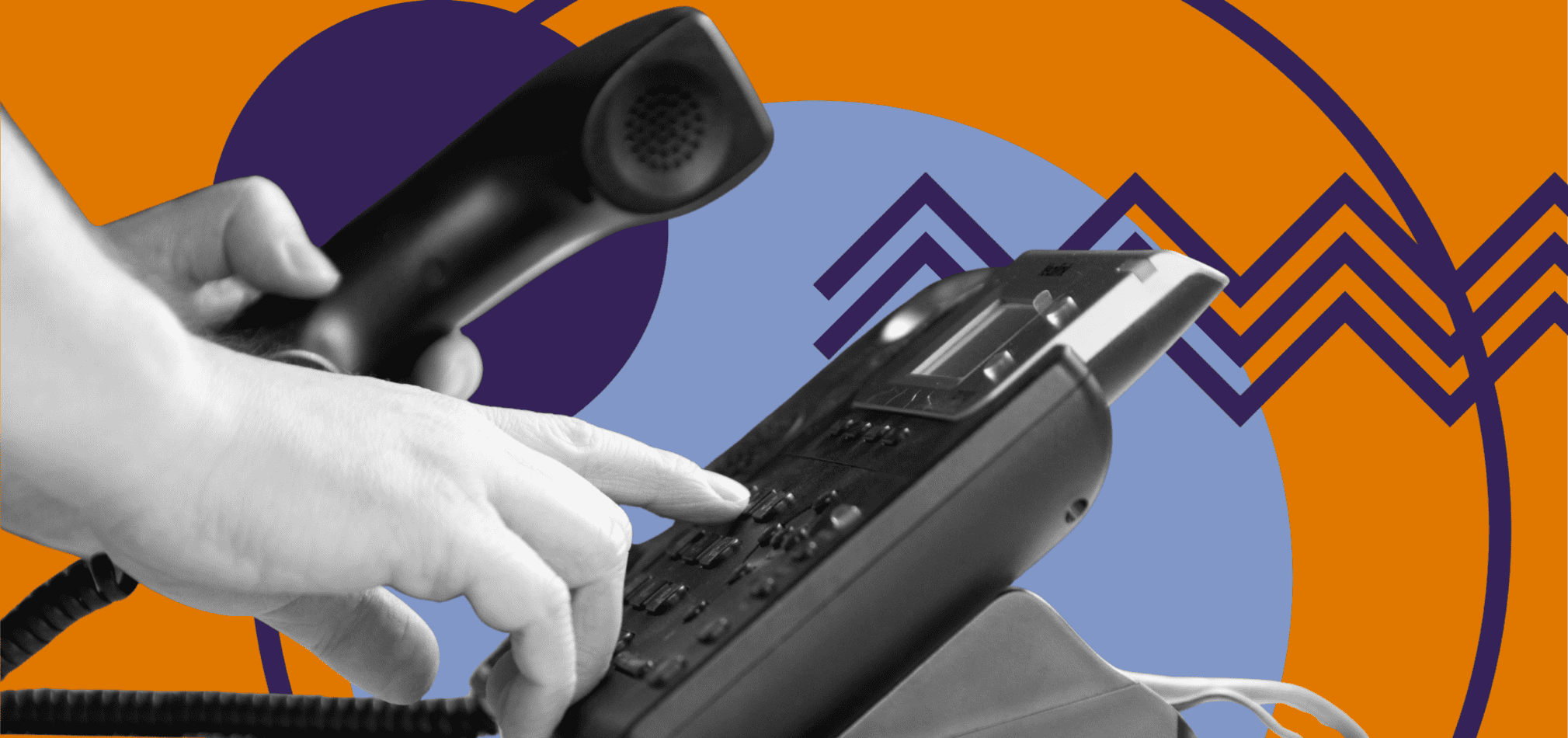

September 10th, 2025
3 min read
By Abigail Karl

If you'd like to listen to this article instead, our co-founder Mariam Treystman breaks it all down in the podcast below.
Your phones ring after hours. Sometimes it’s a worried patient, sometimes a hospital discharge planner with a new referral. If no one picks up, it’s not just a bad look. It could mean a missed patient need, a missed referral, or even a deficiency during survey.
As an owner or administrator, you know Medicare requires agencies to be available 24/7. But how do you prove it? That’s where call logs come in.
*This article was written in consultation with Mariam Treystman.
At The Home Health Consultant, we help Medicare-certified home health and hospice agencies stay survey-ready every day. We’ve seen firsthand how something as simple as keeping a call log can make or break agencies. In extreme cases, we’ve even seen it result in a shutdown.
In this article, we’ll explain what call logs are, how to use them, and why they matter for your operations and compliance.
Call logs are simple records that track whether your agency’s phones are answered during and after business hours. Think of them like a “secret shopper” test for your phones.
While call logs are not a direct Medicare Condition of Participation, accrediting bodies such as ACHC often require them. Even if your accreditor doesn’t require them, call logs are valuable compliance practice. They show surveyors you’re meeting CMS’s requirement that a clinician (or designee) is available 24/7.
24/7 access really means 24/7 access. Medicare-certified agencies are required to answer phones during business hours (usually 9–5) and have a system in place for after-hours coverage.
That means:
This isn’t just about compliance or covering your bases. A missed midnight call might be a patient in crisis, or it might be a discharge planner who ends up calling another agency.

During office hours, the responsibility is usually clear: your front desk or admin staff. After hours, it’s a bit more complex. Agencies often rotate staff on call, or use an answering service that screens and forwards calls.
The key compliance point is this: a clinician, or the Director of Patient Care Services (DPCS) or their designee, must always be reachable.
To keep an effective log, agencies should actually test their phone system both during and outside of office hours. Here’s how:
There’s no official requirement on how frequently you should be conducting these tests. At minimum, we at The Home Health Consultant typically recommend testing monthly. Weekly is even better, it creates a stronger paper trail and shows surveyors you’re consistent.
An effective call log should be simple but detailed enough to demonstrate compliance. It should capture:
The goal is to show surveyors that your agency doesn’t just say it’s available 24/7, it can prove it.

Call logs aren’t just for survey binders, they’re a tool for catching problems early. If you see patterns of missed or delayed calls, take action:
Corrective action is critical. Surveyors don’t just want to see records. Surveyors want to see that agencies use them to improve operations.
Surveyors, especially from ACHC, often ask to see call logs.
Here’s a key compliance nuance: if your policy says you’ll check call logs weekly, but you only do it monthly, you can actually get cited twice; once for not doing the task, and once for not following your own policy.
That’s why it’s best to pick a realistic frequency you can stick to, update your policies to reflect it, and then follow it consistently.
Call logs may seem like busywork, but they protect patients, prevent deficiencies, and ensure you never miss a referral.
They don’t have to be complicated. A simple Excel sheet can do the job, as long as it’s kept up consistently.
Start testing your phones at random times, document the results, and follow up on any problems you find. The more consistent your process, the stronger your compliance record will be.
Want to know what other compliance logs surveyors expect to see? Check out our article Compliance Logs Every Medicare-Certified Agency Should Keep by clicking below.
*Disclaimer: The content provided in this article is not intended to be, nor should it be construed as, legal, financial, or professional advice. No consultant-client relationship is established by engaging with this content. You should seek the advice of a qualified attorney, financial advisor, or other professional regarding any legal or business matters. The consultant assumes no liability for any actions taken based on the information provided.